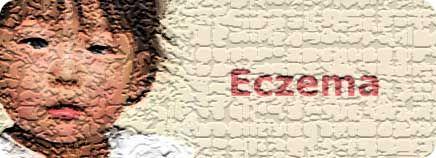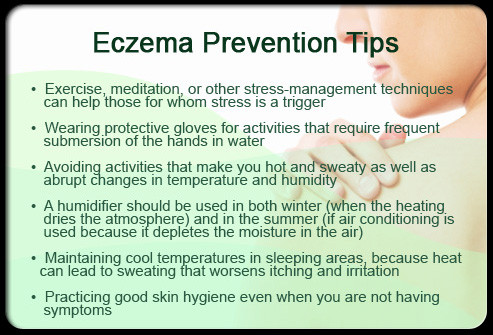
Whilst often similar in appearance to psoriasis, eczema tends to prevail because of allergic reactions to products such as dye, soap, fabric, animals and other irritants. Also known as atopic dermatitis, eczema can be a long-term condition affecting the skin which causes scratching and red sores, leading to open wounds.
Very common in infants, hypersensitivity is often outgrown by childhood or early adulthood. Although some people suffer the agonizing and aggravating pain for many years. Characterized by red, inflamed, peeling, cracked, blistered, or weeping skin, eczema looks different to psoriasis because it tends not to be covered with scaly dead skin or plaques in the way psoriasis is. Due to the heightened sensitivity associated with eczema dermatitis can occur anywhere on the body; causing discomfort, intense itching and some skin flaking. Most eczema can be cured or curbed with topical treatment.
Contents
Where is eczema most common?
Psoriasis has its preferential home on the head and back, as well as face. But what about eczema? As well as sometimes on the face, particularly in babies, eczema appears on the hands most commonly. This is essentially because soaps, lotions, and contact with fabrics and allergies often starts through the hands. Touching a bus seat cover, stroking a pet or washing the hands with an unknown soap can be significant triggers for an eczema attack.
Additionally, frequent washing of the hands dries out the skin meaning eczema on the hands can be difficult to treat because of the constant contact with water and other irritants. As such, a good moisturizer is essential, as well as exercising care over what is touched.
Eczema tends to also gather in the creases of the body: the elbows, back of the knees or the front of the ankle. These areas tend to be a little warmer and trap sweat or irritants from clothing and within the air (like pollens or spores).
Close and regular contact of irritants with skin, and areas of skin rubbing together create a perfect environment for atopic dermatitis to thrive; leading to the discomfort associated with eczema.
Alleviating eczema:

Some home remedies can be used to help reduce and alleviate symptoms of eczema.
Treat stress and anxiety
Often exacerbated by stress and anxiety, reducing these and related emotional disorders helps keep atopic dermatitis at bay. Yoga and meditation are two of the most effective ways to bring stress levels to a low.
Take antihistamines
These can make you feel a bit drowsy, so it’s best to take them before bedtime, but they help to bring down the allergens by reducing inflammation. Natural anti-inflammatory foods can also be incorporated into the diet.
Bleach bath
A highly diluted bleach bath reduces the amount of bacteria on the skin. Try adding ½ a cup of household bleach to a standard 40-gallon bathtub with lukewarm water. Never submerge the head, and take care to ensure water only comes up to the neck. Rinse off well and pat dry afterwards, ensuring you moisturize with sensitive skin products.
Apply cool, wet compresses
Topical application of cooled dressings help to protect the skin and prevent scratching, plus they help to soothe.
Moisturize frequently
Use a moisturizer to lock moisture back into the skin. Always take care with products; often doctors will have prescribed hydrocortisone cream, but natural soothers like calendula and carrier oils can be equally as, if not more, effective long term
Avoid scratching
If necessary, cover the itchy area, particularly at night. Many people wear gloves, but also a good idea is to keep nails really short!
Choose fabrics with care
You can significantly reduce irritation by avoiding clothing that’s rough, tight, and scratchy. Wool is a particular no-no. Ensure that what you wear keeps you cool, allowing air in.
Do you know you can eliminate eczema naturally? Check out the Eczema Free Forever program.
